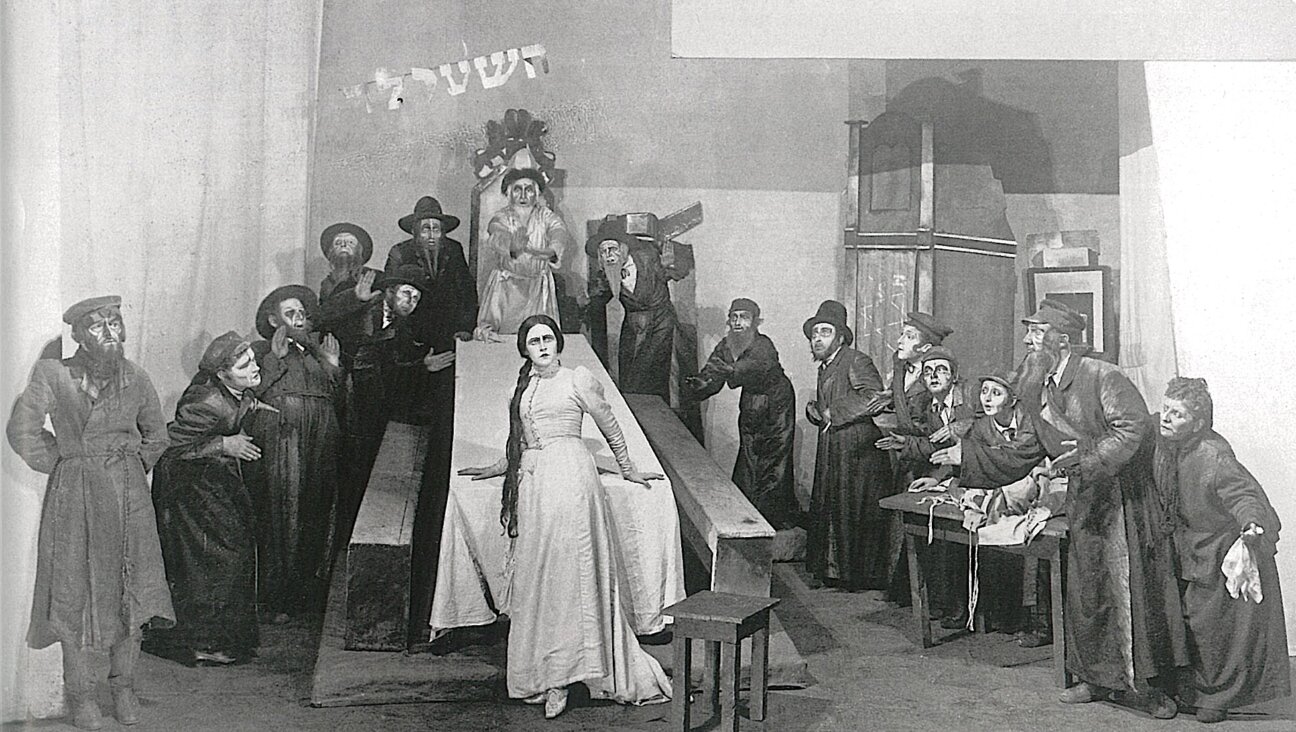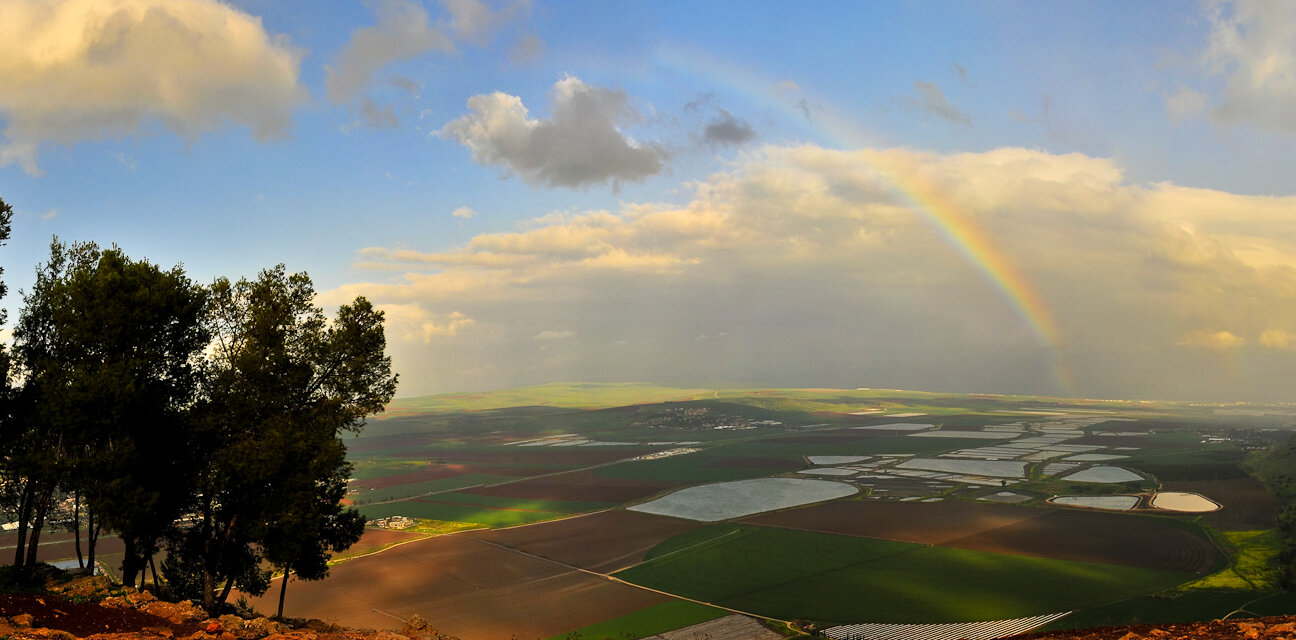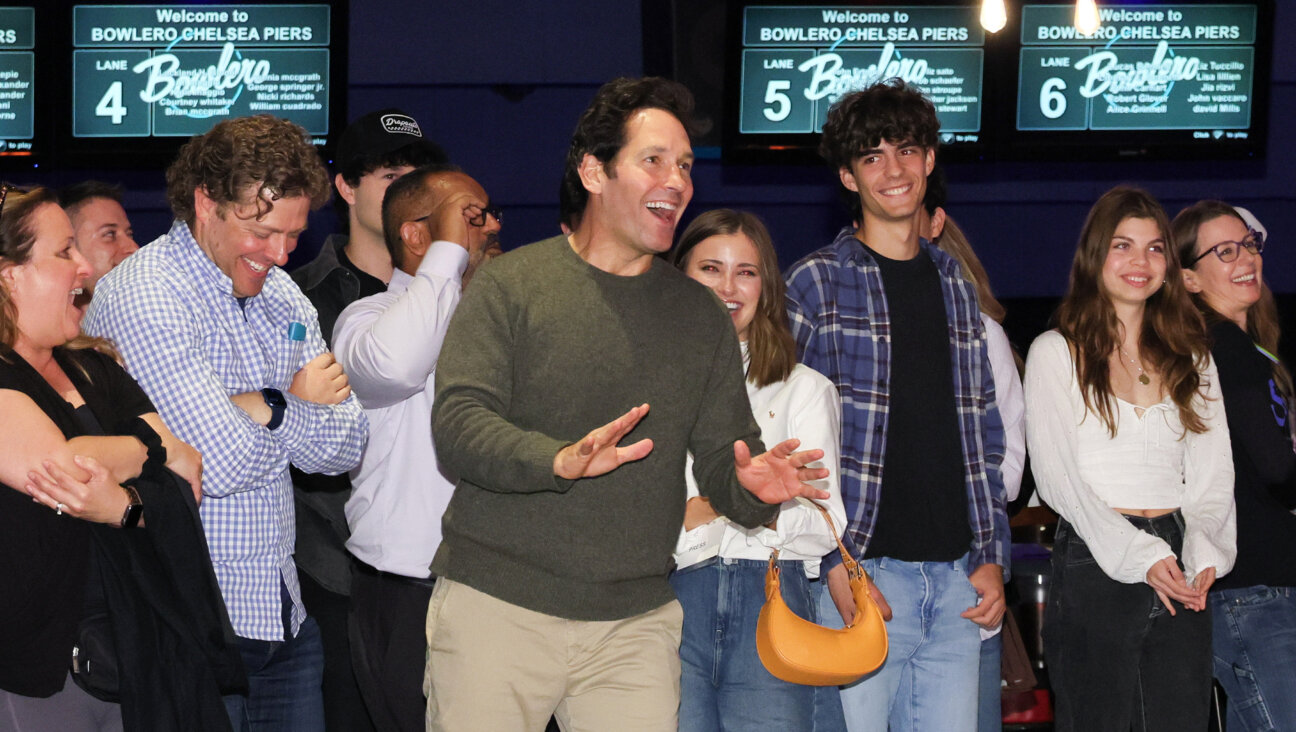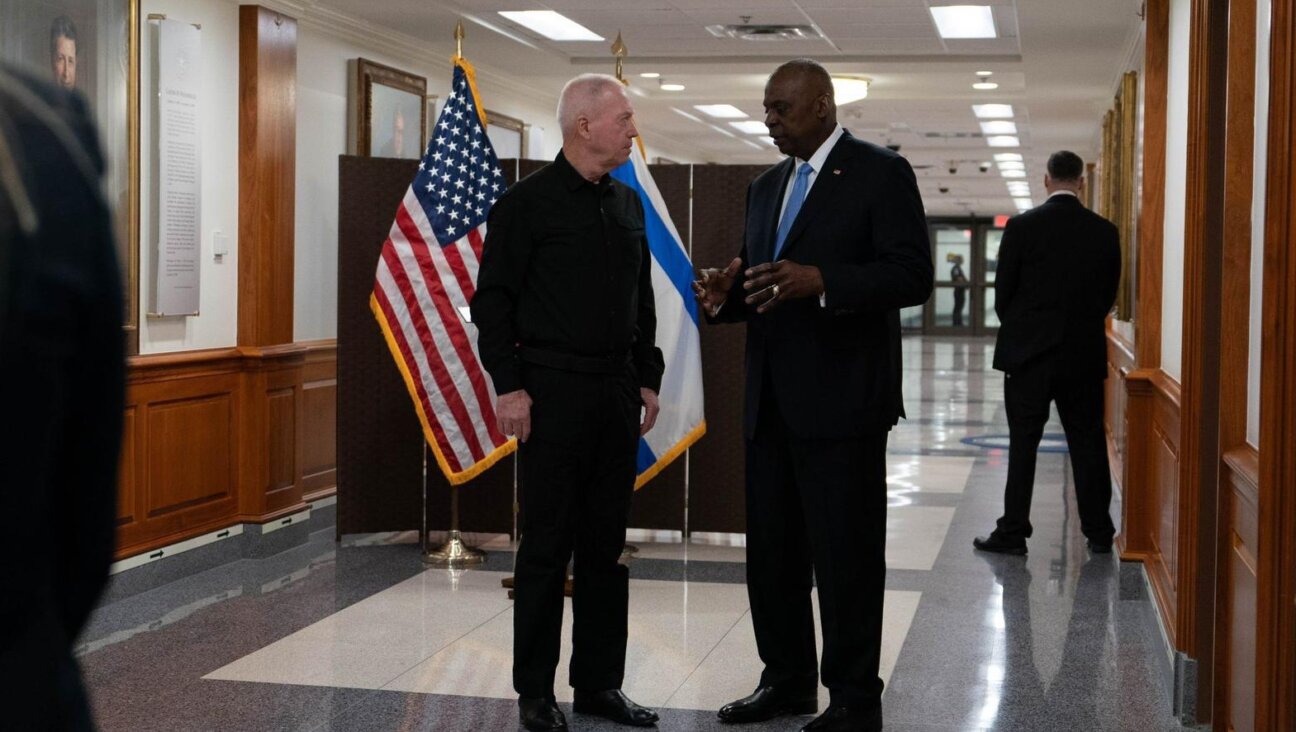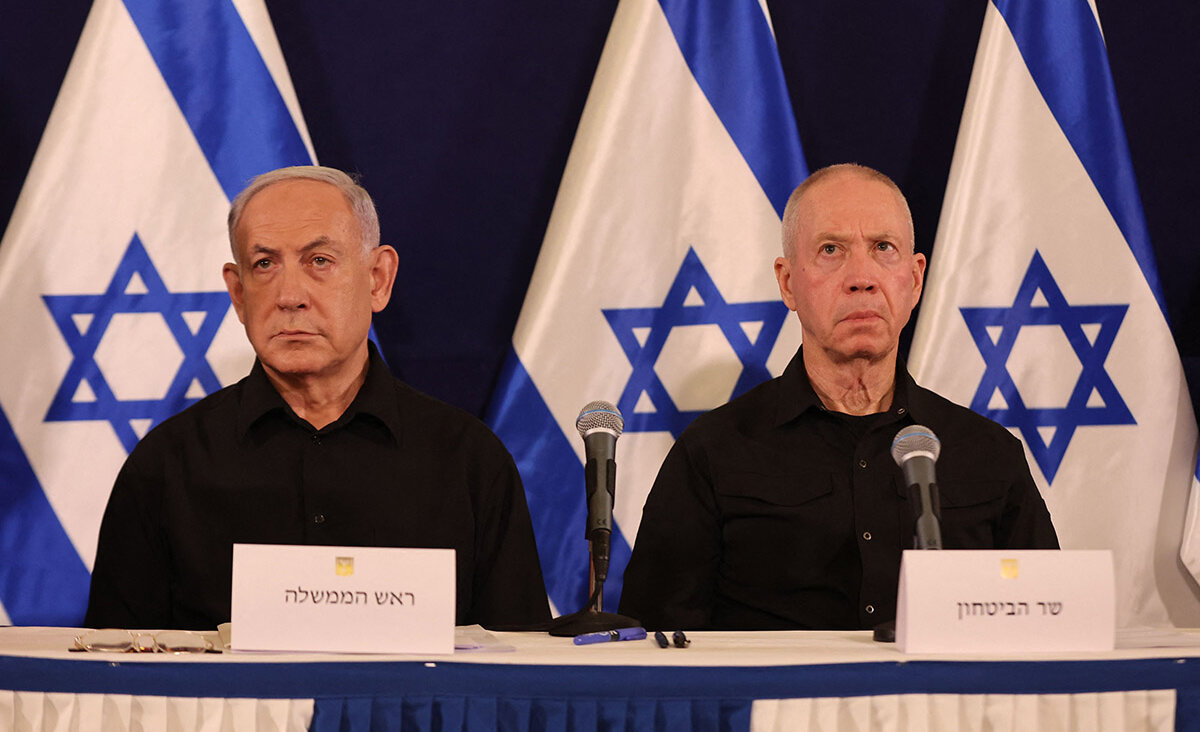Paring down our possessions as we get older — a Sukkos parable
For empty-nesters who have begun downsizing to a smaller home, the Sukkah paradigm really resonates.
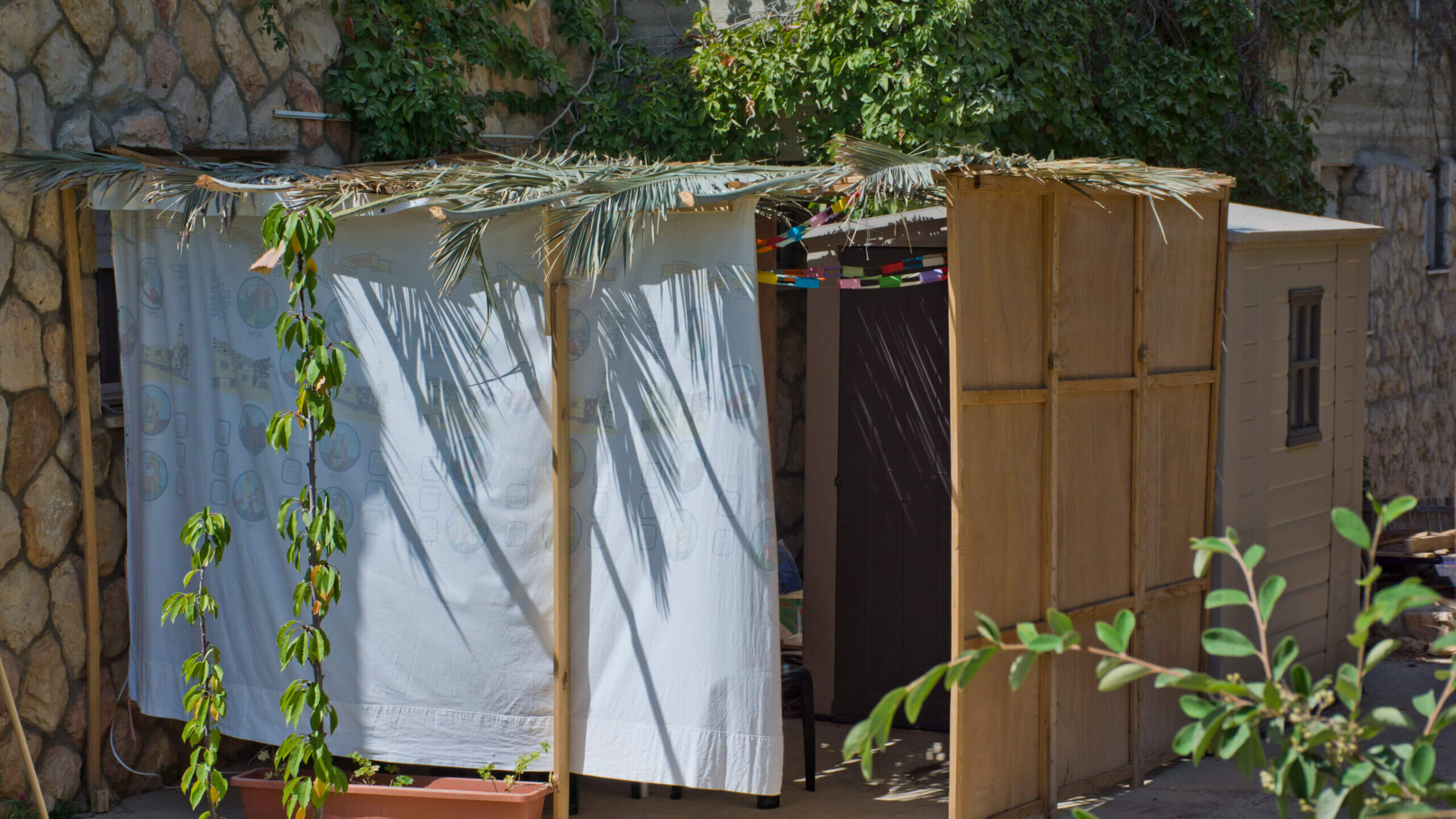
Photo by Wikimedia Commons
The holiday of Sukkos is upon us, and — coincidentally in keeping with the pandemic’s best practices — we are expected to eat and drink outside for eight days (and some sleep as well) in these fragile, open huts, in order to commemorate the temporary dwellings in which our ancestors lived once they left Egypt.
It turns out there are very specific rules for these dwellings. If the branches on top of the sukkah are piled so close that no rain can get through, the sukkah is disqualified. But if it’s actively raining in your sukkah, you aren’t obliged to eat in it. If the walls are higher than 20 cubits, it’s not considered temporary enough to be a sukkah. But if the walls are too flimsy to withstand an average wind, it’s disqualified as well.
As yidn in di yorn (Jews of a certain age) who are considering downsizing to a smaller home, the Sukkah paradigm really resonates. Where is that balance between sturdy and fragile, permanent and transient, the home where we may have raised our family and the one we might be living in at the end of our days?
In Yiddish, the term for downsizing is farklenern. Klener means ‘smaller,’ so you literally make things smaller, or less. Of course, some people go on collecting things even in old age, but most people I know are giving their possessions away so they can move to more compact spaces. I’ve watched several friends sell their large, family homes with a mixture of sadness and relief. It makes sense to not have to take care of so much, especially if it’s only one person rattling around in a home that used to house four or five. Nonetheless it’s hard to give up the light, space and memories that won’t easily transfer over to their next living space.
I always assumed that I would leave the Bronx, settle in a house someday, and stay there for as long as my mother lived in her apartment (over 60 years). But this wasn’t my karma. Since I met my husband, we have moved 11 times. Some of those moves, in the same city, followed an upwardly mobile progression from rental to condo to house. But the move to different cities came from a deeper place. My husband’s father was a doctor in the U.S. Public Health Service, and moving from base to base every few years seems to have gotten into his blood.
Finally we bought a four-bedroom house in Providence, Rhode Island, and settled there. But once we were empty-nesters, we left our spacious home for a one-bedroom co-op in New York City. Farklenern was the operative word. It was difficult to give away our big dining table, antique chairs and more than half my books, but the lure of a vibrant cultural life of Manhattan won out over the challenges of paring down our possessions.
It seems that as we age, our objects matter less than what adventures we can still look forward to, as well as what kind of legacy we’ll leave behind. The adventures can include travel, becoming a grandparent, late love or embracing a new skill. The legacy issue is not so clear-cut. Have we passed on our wisdom to our colleagues and friends? Are our children well-settled? Is there yet more for us to do that might help people in some small corner of the world gain support or relief?
The sukkah is a shout-out to impermanence. Our dwellings can get smaller or larger, as needs dictate, but in the end they don’t define us. It’s what happens inside that counts. And it’s the feelings felt, the meals shared, the songs sung that permeate the walls of any structures we’ve lived in and make a counterbalance to some of the rain and wind that will find their way in.
A message from our CEO & publisher Rachel Fishman Feddersen

I hope you appreciated this article. Before you move on, I wanted to ask you to support the Forward’s award-winning journalism during our High Holiday Monthly Donor Drive.
If you’ve turned to the Forward in the past 12 months to better understand the world around you, we hope you will support us with a gift now. Your support has a direct impact, giving us the resources we need to report from Israel and around the U.S., across college campuses, and wherever there is news of importance to American Jews.
Make a monthly or one-time gift and support Jewish journalism throughout 5785. The first six months of your monthly gift will be matched for twice the investment in independent Jewish journalism.
— Rukhl Schaechter, Yiddish Editor








